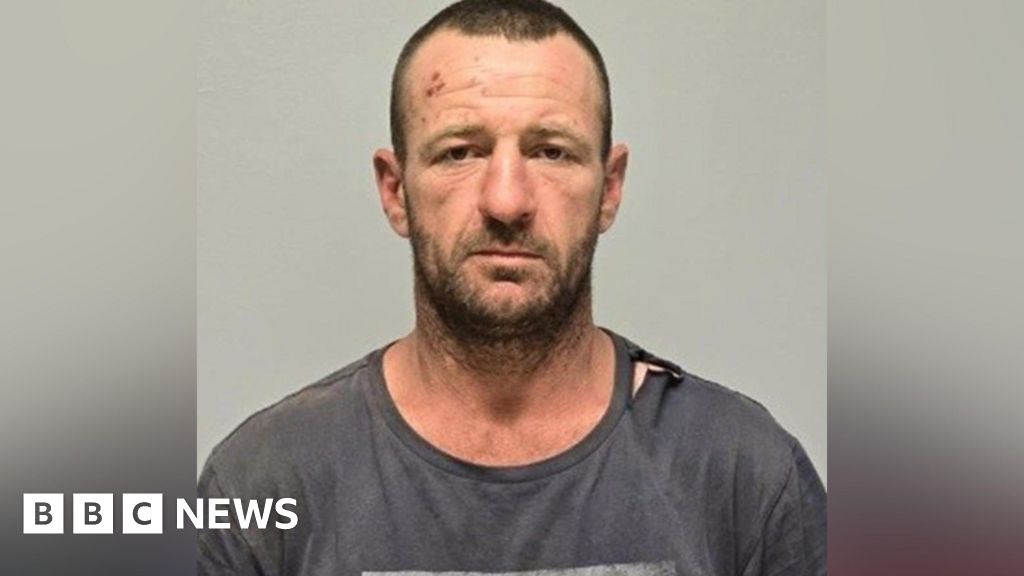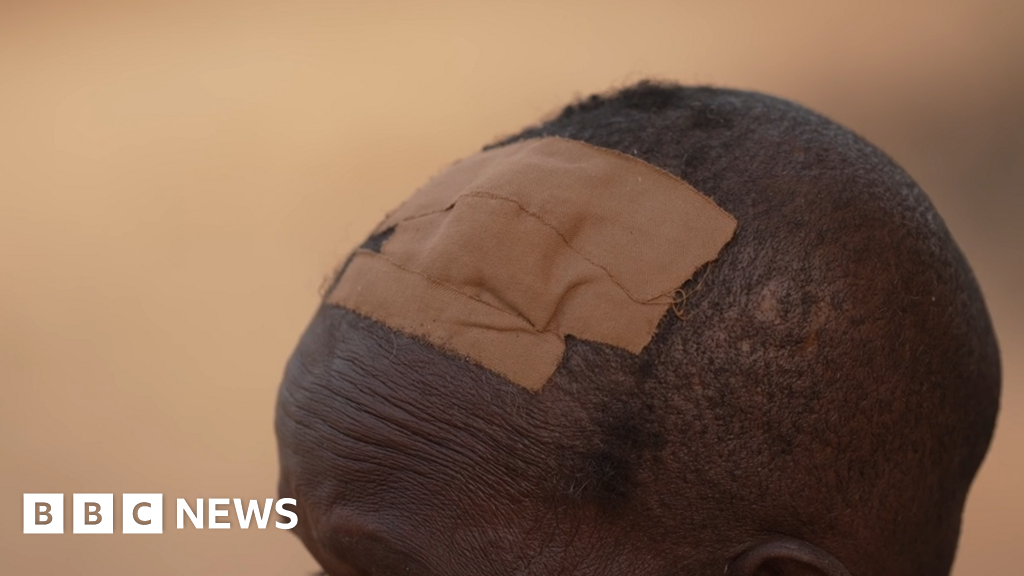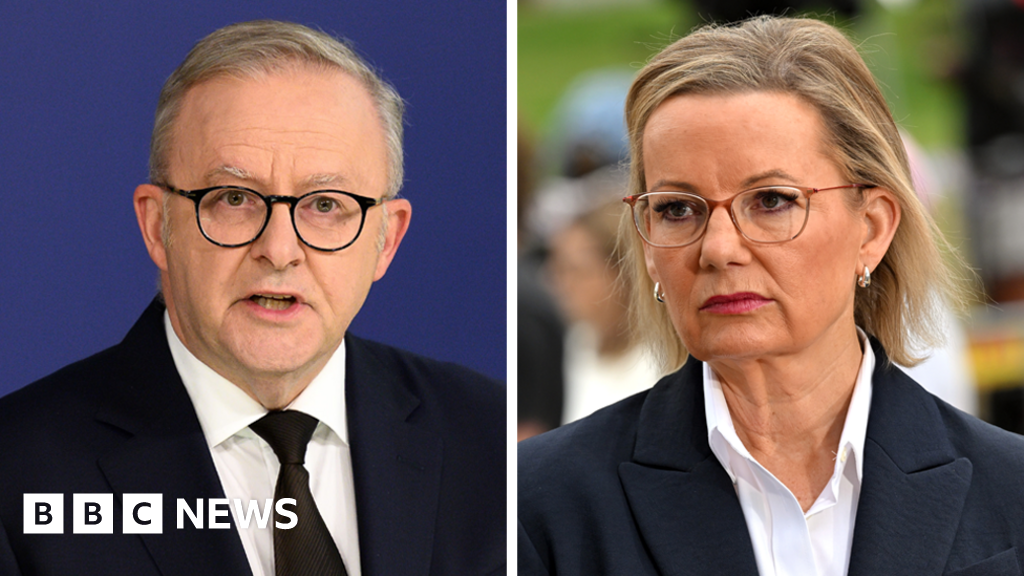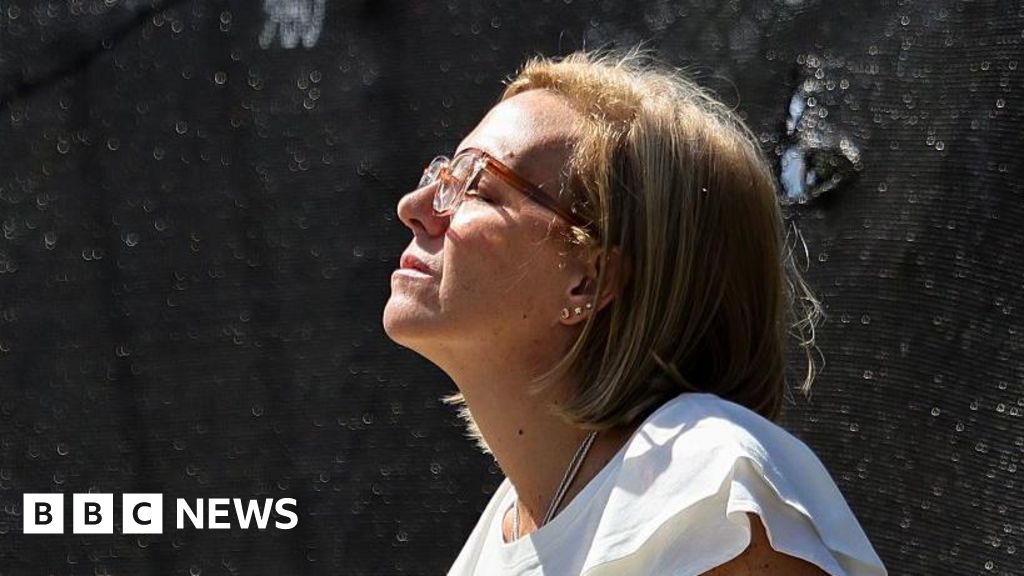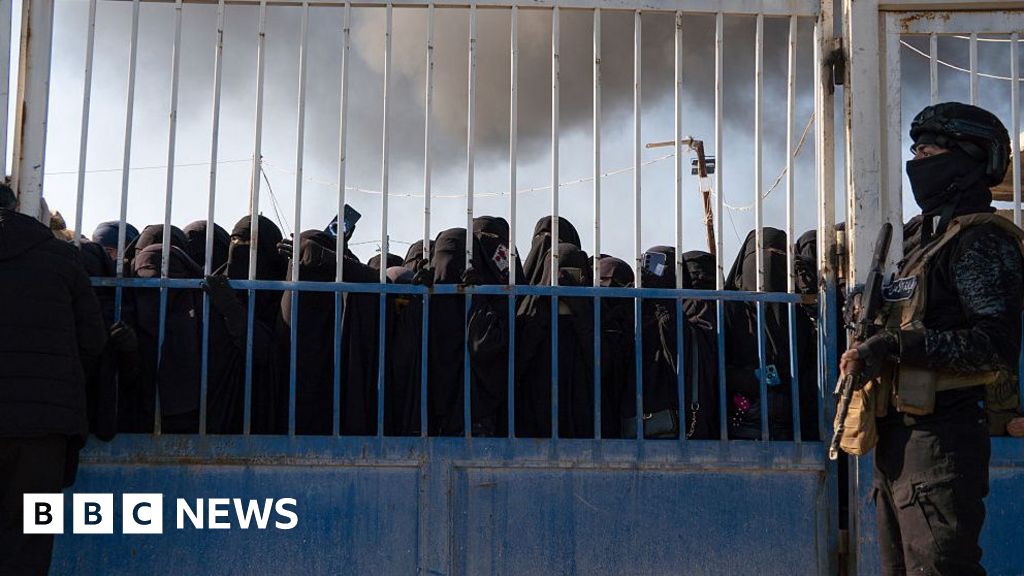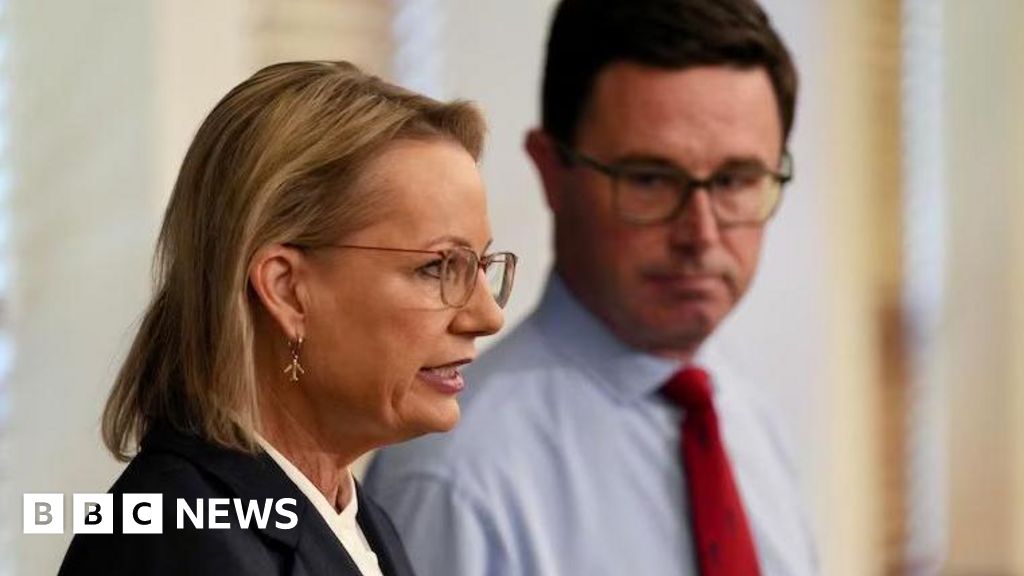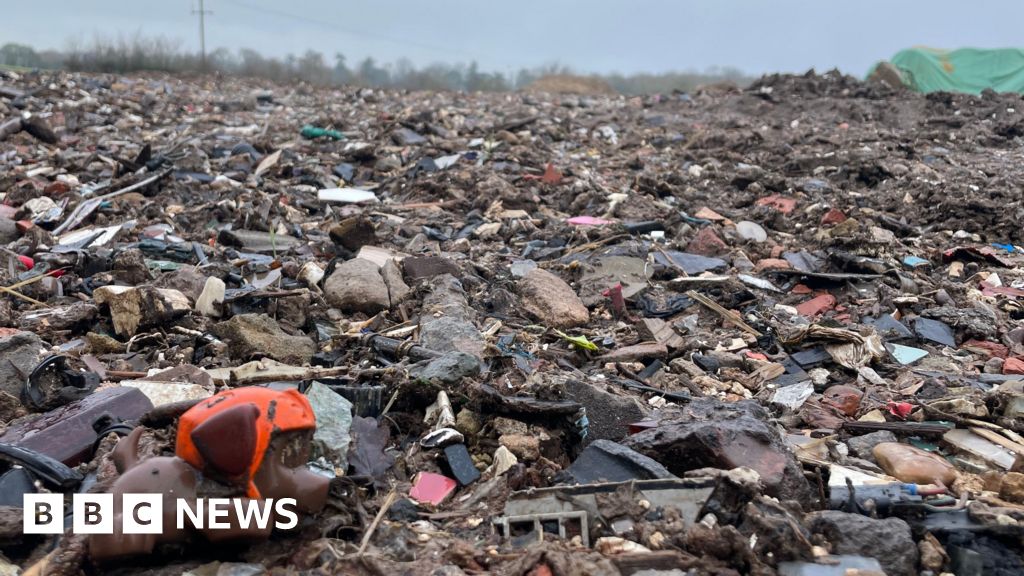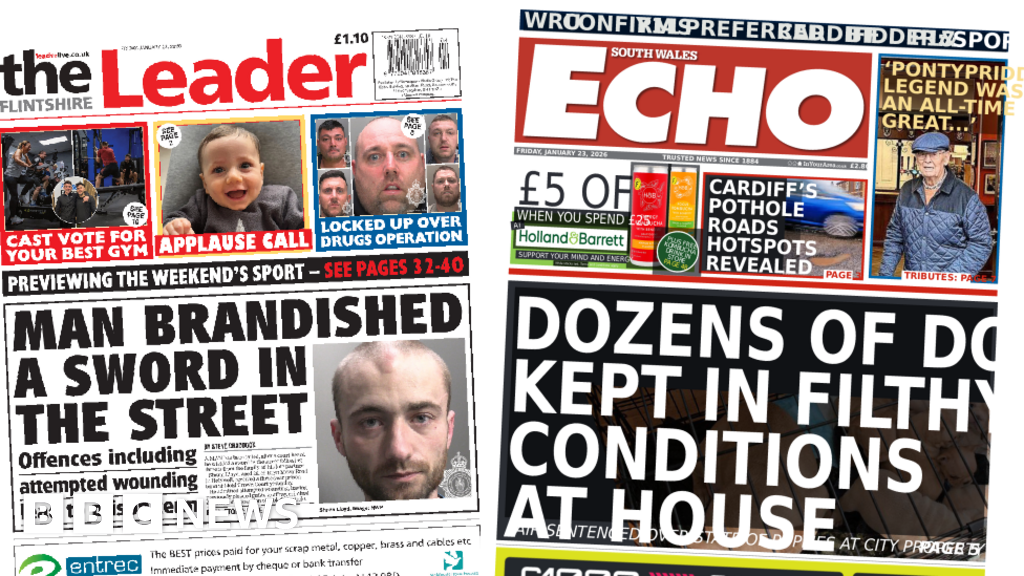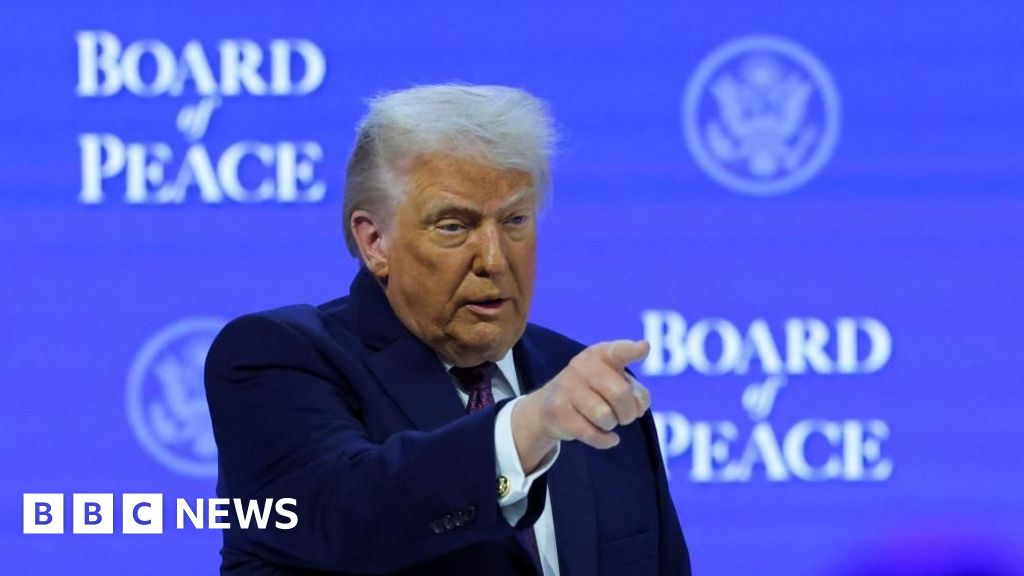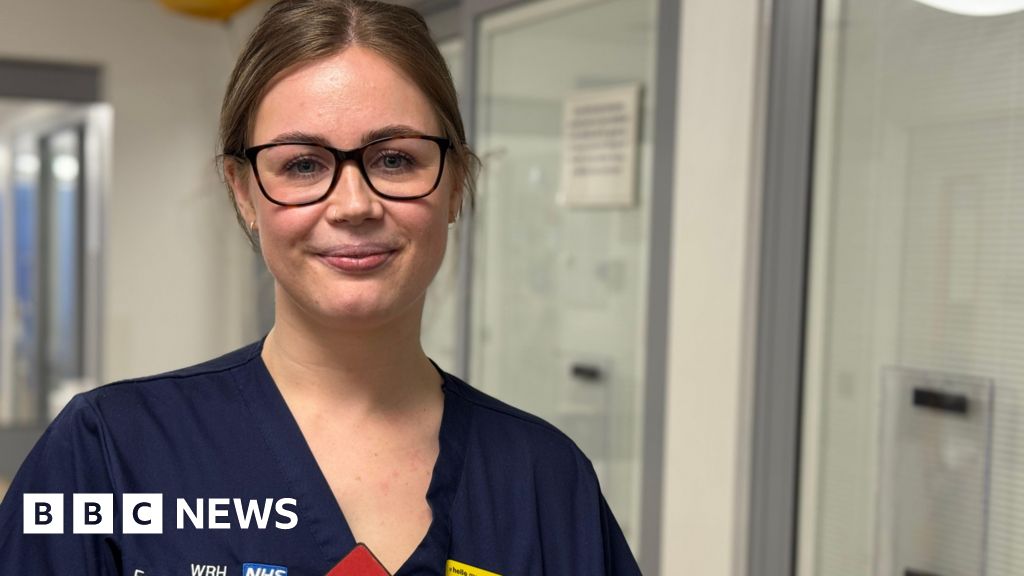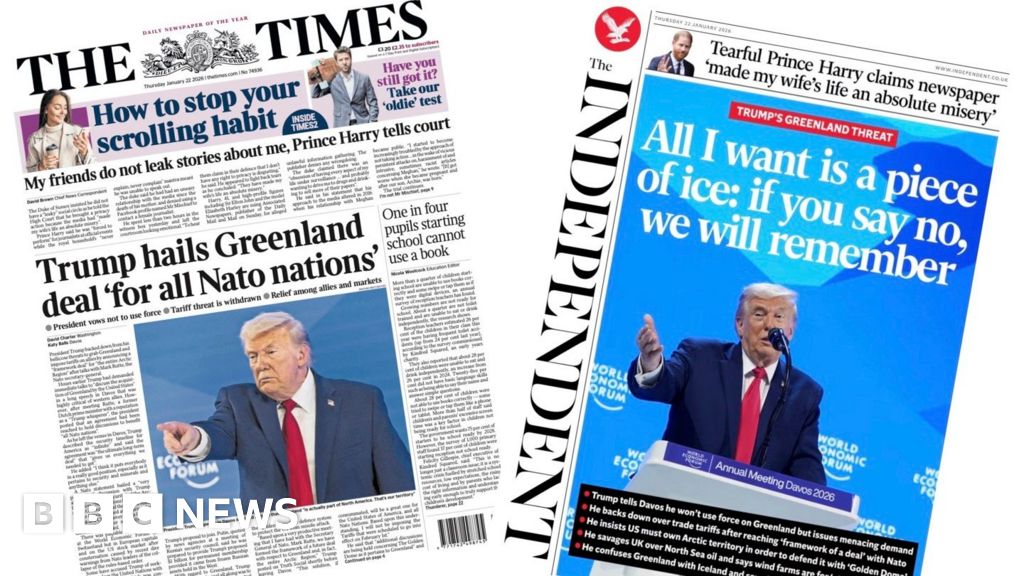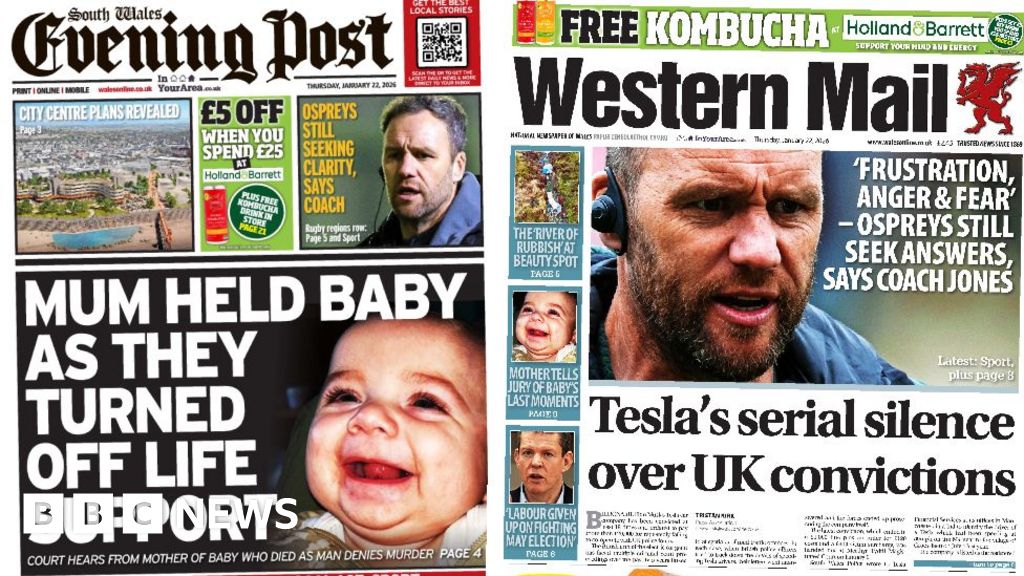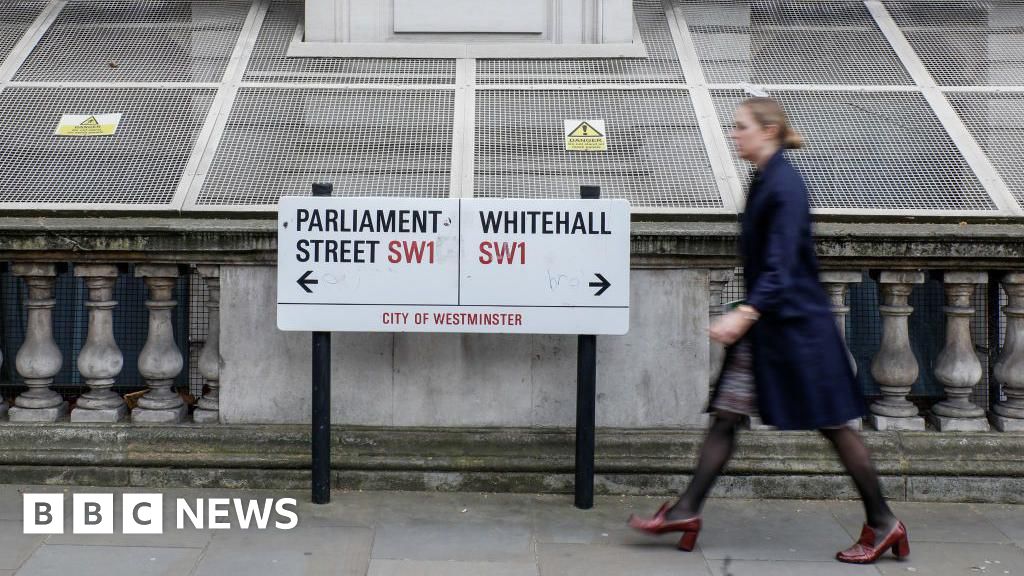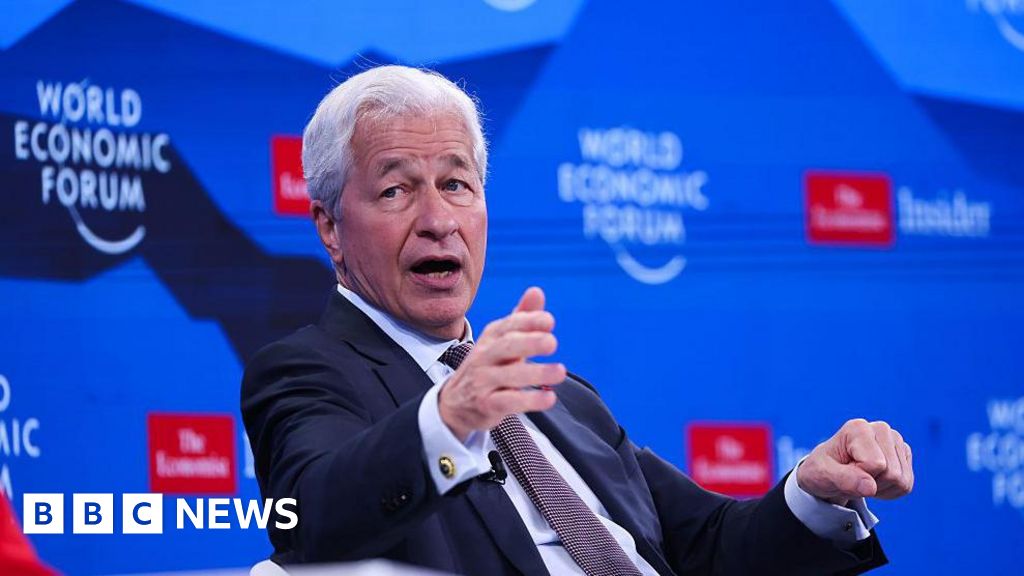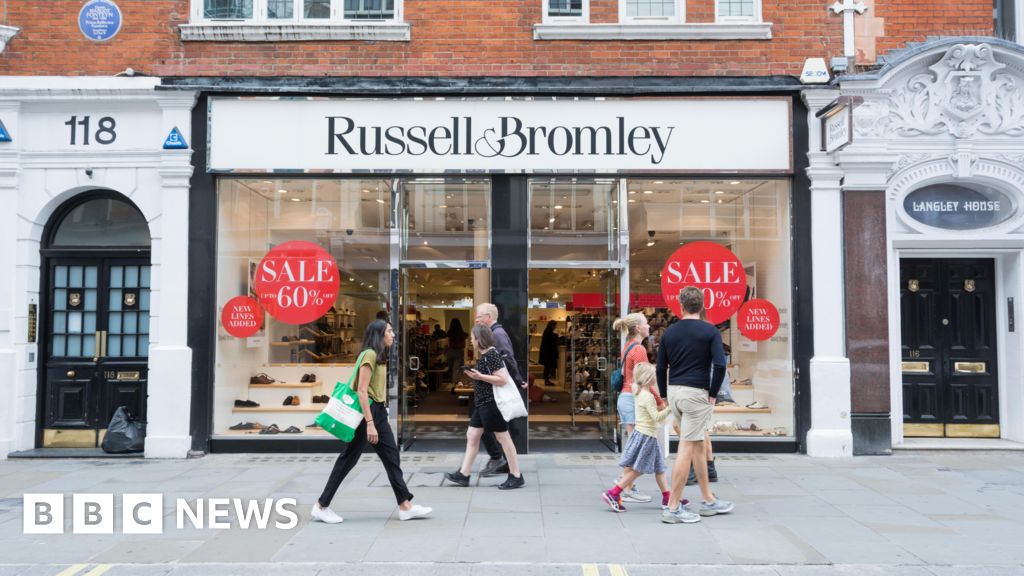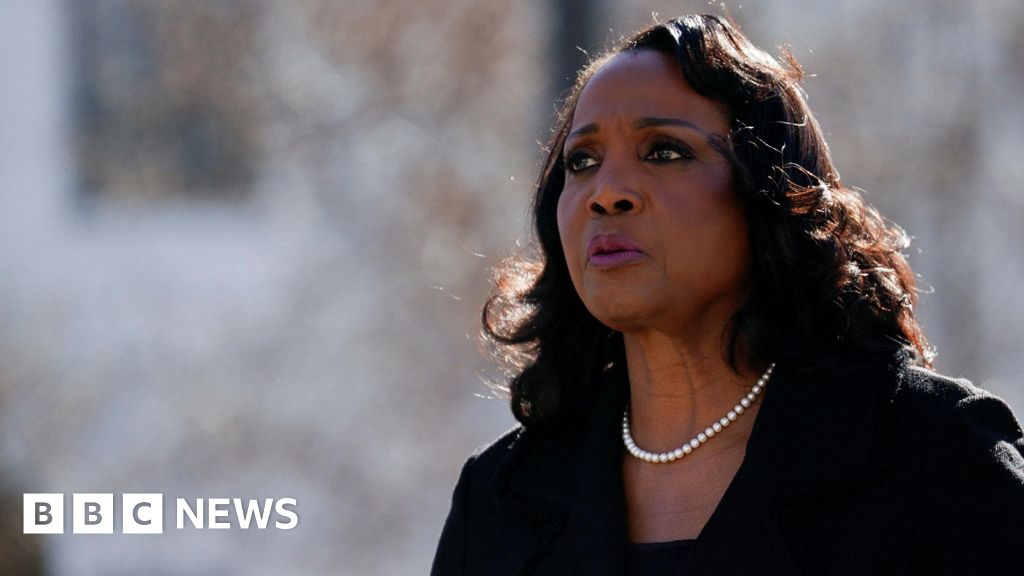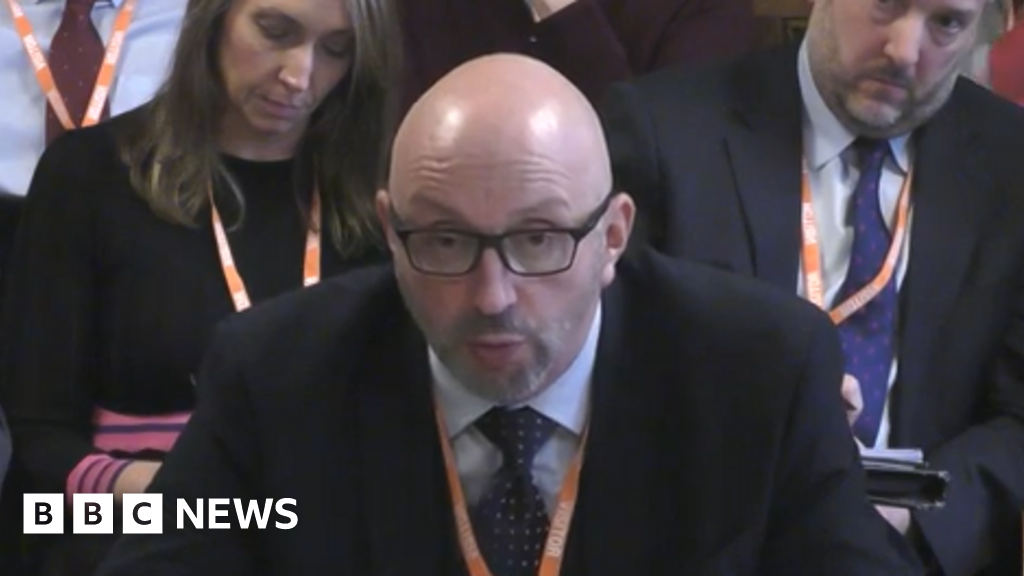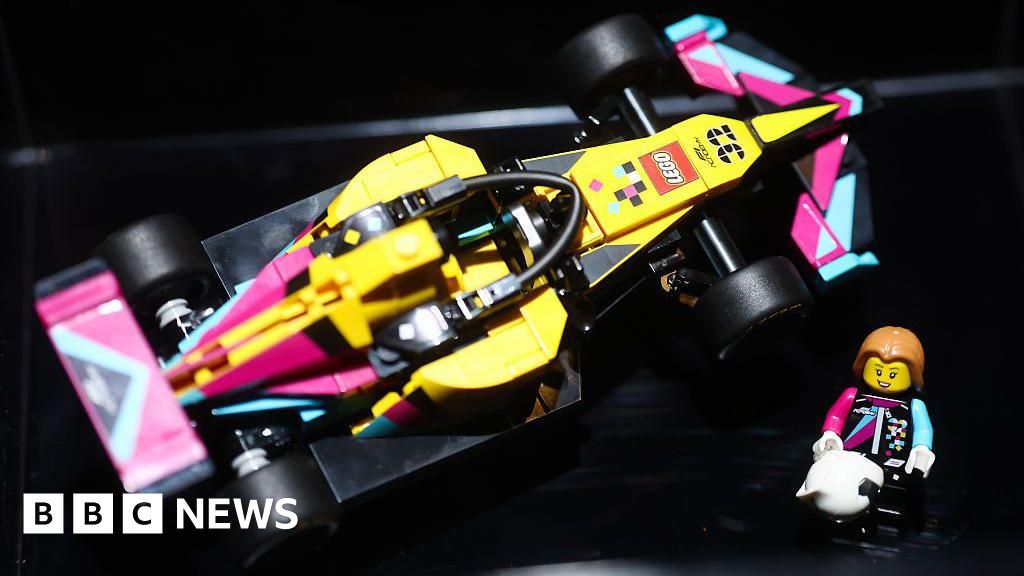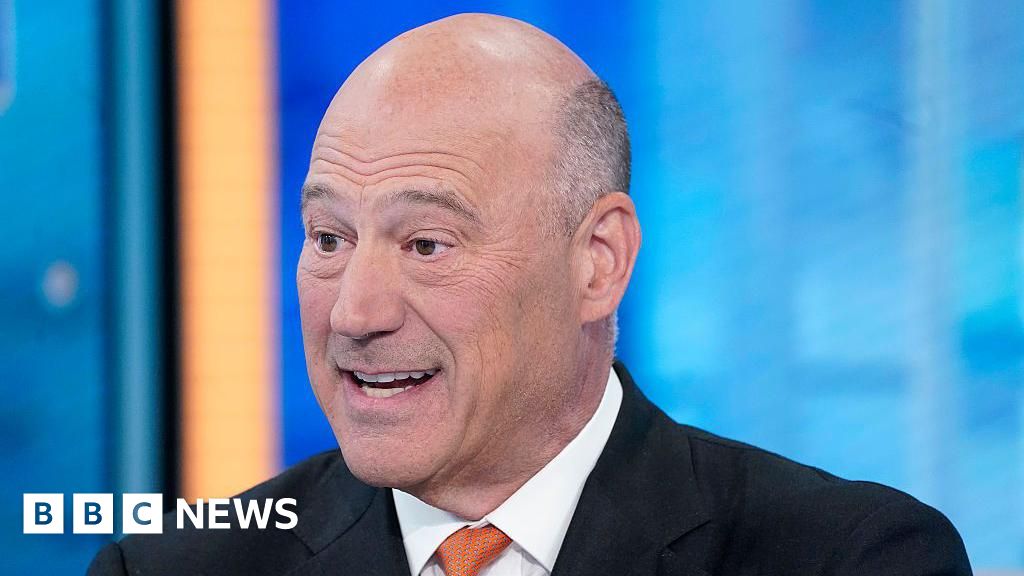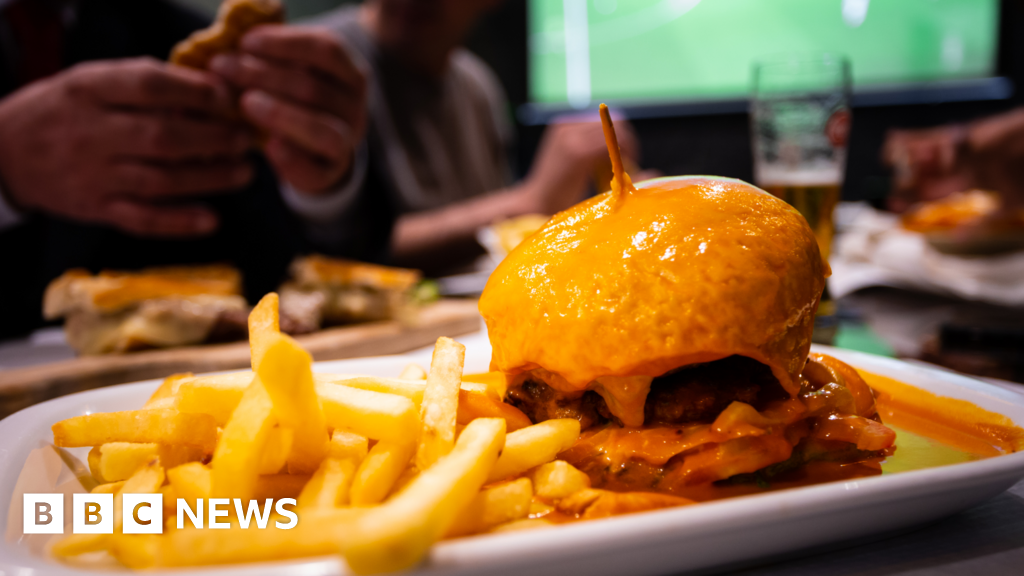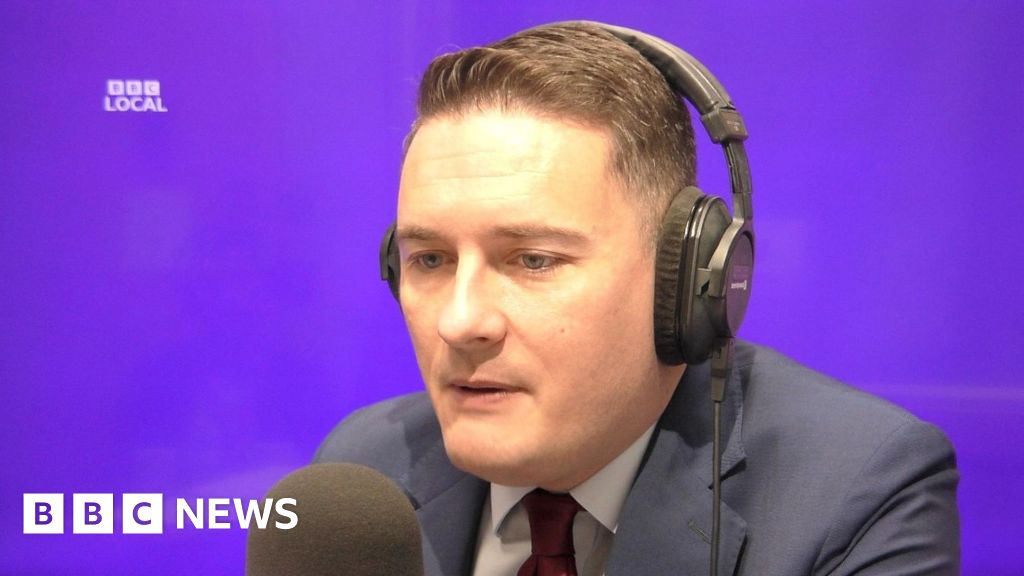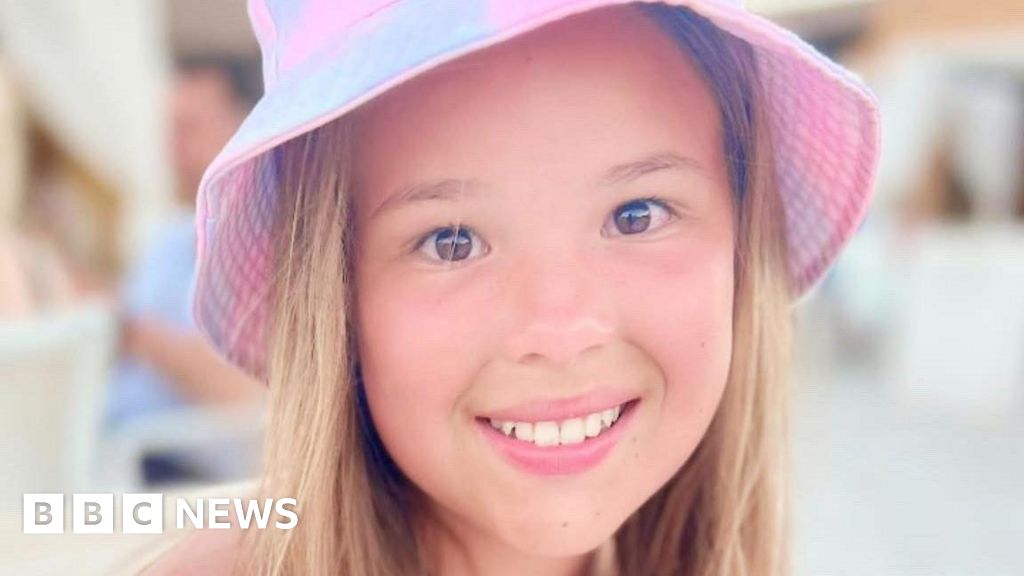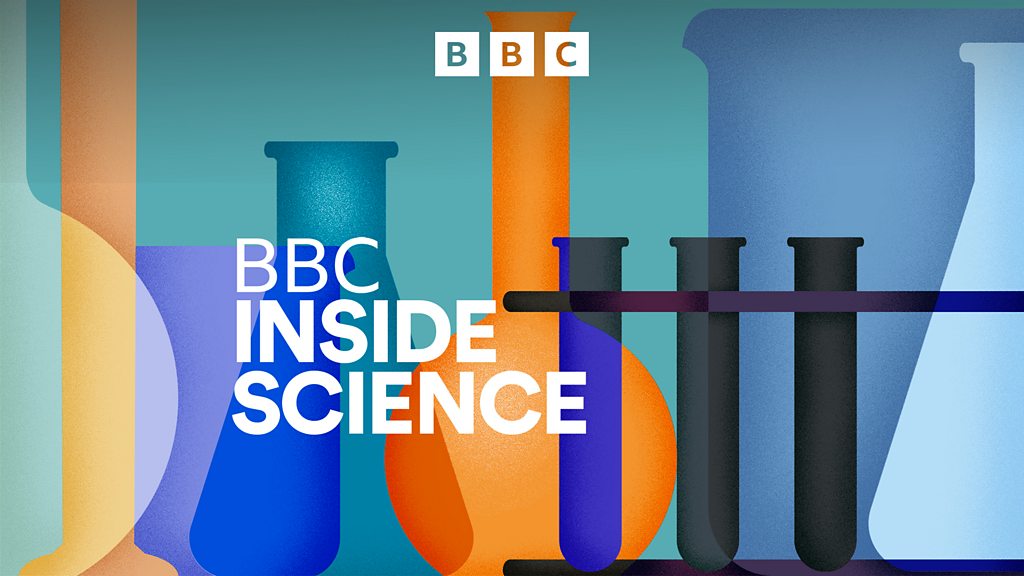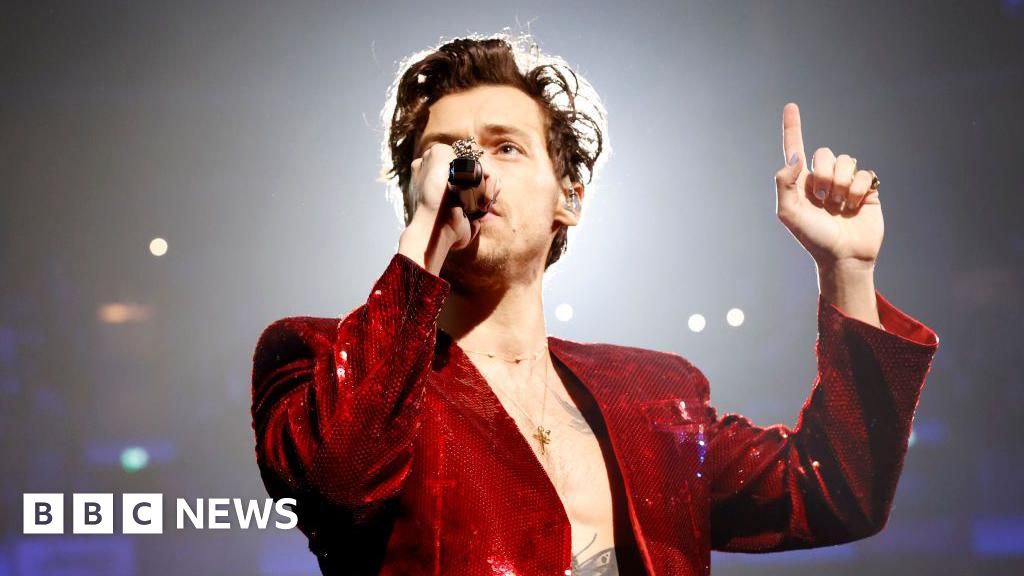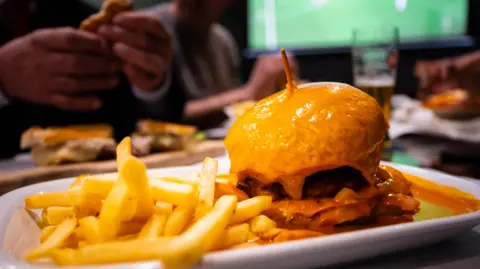 Getty Images
Getty ImagesBrands that make unhealthy foods will be able to get round the government’s junk food advertising ban if their adverts do not show products that break the rules.
From October 2025, foods that are high in fat or sugar will not be able to be advertised on television before 9pm, or in paid online advertising.
But restrictions in the new regulations, which aim to tackle childhood obesity, will only apply to the identifiable products in an advert.
It means that adverts from fast food chains, for example, will not face restrictions as long as they do not feature products such as burgers or fries.
The new ban has been introduced using powers in the Health and Social Care Act 2022, passed by Boris Johnson’s government, which set the focus on products.
More than one-in-five children in England are overweight or obese by the time they start primary school, government statistics suggest. This rises to more than one in three by the time they leave.
Speaking when the new rules were published on Tuesday, Health Secretary Wes Streeting said obesity “robs our kids of the best possible start in life, sets them up for a lifetime of health problems, and costs the NHS billions”.
“This government is taking action now to end the targeting of junk food ads at kids, across both TV and online,” he added.
Under the ban, adverts will face restrictions if a product falls into one of 13 categories and is also classed as “less healthy” on a government scoring system, after an analysis of its nutrients including salt, fat, sugar and protein.
Products covered by the ban include fast food, soft drinks and ready meals, as well as pastries, cereal bars and sweetened yoghurts.
Health campaigners have welcomed the move.
But details of the restrictions, unveiled earlier this week, also showed that sugary breakfast cereals, crumpets and certain types of porridge would also fall on the ban – prompting criticism from some business owners.
‘Loopholes’
Katharine Jenner, director of the Obesity Health Alliance, an umbrella group for health campaigners, had argued for brands to be included in the ban, and said she would like to see firms respond by making their products healthier.
“That would be the ideal thing, but they can get round it by just showing the brand and it’s unclear what effect that would have, above and beyond what we’ve already got,” she added.
“We are very supportive of [the restrictions] coming in as planned, but in future I think we’d like to see where loopholes could be closed”.
Some food and drink brands are already creating advertising that does not feature their products, both on TV and on social media, irrespective of any ban.
Vic Banham, who runs the TikTok marketing agency Antler Social, says some of this may not even count as advertising.
“There is a lot of advertising going on that doesn’t focus on the food itself, but they’re still getting their name out there in a smart way,” she said.
“I’d describe it as organic content, as opposed to advertising as we know it. They have an opportunity to reach a huge number of people of all ages and backgrounds.”
A spokesperson for the Department of Health and Social Care said the ban would cover “unhealthy food products that are found to be excessively high in sugar, fat or salt”.
“This advertising ban does not restrict brands from advertising, provided any products they feature meet the conditions set,” they added.

